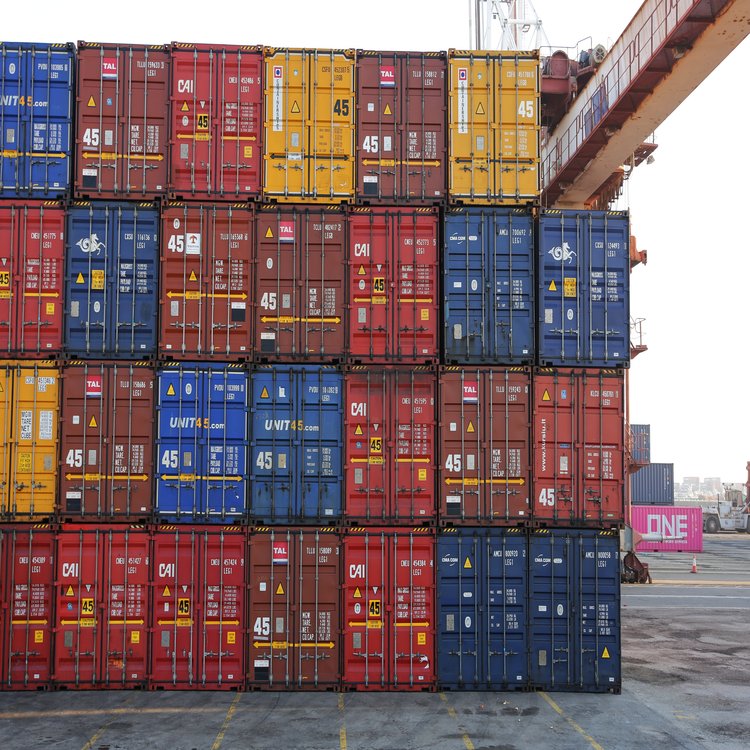China commences anti-dumping investigation against Australian wine

What is dumping and what do wine exporters need to do now?
The announcement that China has commence an anti-dumping investigation into Australia wine has come as a surprise many. Dumping is associated with unfair tactics and selling goods at a loss. This isn't what is associated with the Australian wine industry. However, the industry is in for a nasty shock – you can be found to be dumping even when acting ethically and selling at a profit.
It is easy to argue that the investigation is politically motivated. However, it is important to keep in mind that this week Canada commenced a dumping investigation against Australian gluten. Further, since the start of this year, Australian has commenced five anti-dumping investigations against Chinese products. Australian wine exporters need to focus on how to get the best outcome from the investigation, rather than question the motives of the Chinese government.
What is dumping and what do wine exporters need to do now?
The announcement that China has commence an anti-dumping investigation into Australia wine has come as a surprise many. Dumping is associated with unfair tactics and selling goods at a loss. This isn't what is associated with the Australian wine industry. However, the industry is in for a nasty shock – you can be found to be dumping even when acting ethically and selling at a profit.
It is easy to argue that the investigation is politically motivated. However, it is important to keep in mind that this week Canada commenced a dumping investigation against Australian gluten. Further, since the start of this year, Australian has commenced five anti-dumping investigations against Chinese products. Australian wine exporters need to focus on how to get the best outcome from the investigation, rather than question the motives of the Chinese government.
What is dumping?
Under WTO rules, dumping occurs when an exporter sells goods to a foreign market at prices that are less than what it sells the same goods in its domestic market. Adjustments are made for issue such as transport, level of trade, credit terms and packaging. However, the general premise is, if you sell wine for $20 a litre in Australia and export the same wine to China at $15 a litre, the wine is dumped.
It will not matter that the wine is still profitable at $15 a litre or that the Chinese market is very different to the Australian market. The calculation becomes more difficult if it is claimed that Australian prices are unreliable.
The application in wine investigation claims that via initiatives such as the wine equalisation tax, Australia has interfered in the Australia market and that Australian sale prices should not be used. Disregarding actual Australian sale prices has resulted in an alleged dumping margin of 202%.
What happens if dumping is found?
Dumping is not illegal or even unethical. Different markets will often warrant different prices. However, if dumping is found, it may allow the importing country to impose dumping duties.
Dumping duties can only be imposed where the dumping is found to have caused material injury to an industry producing similar goods. In this case, the key question will be, does the price of Australian wine cause damage to the Chinese wine industry?
What should exporters do?
China will now conduct a detailed investigation into the export of Australian wine and its impact on the Chinese industry. This investigation will require Australian exporters to give detailed financial information about their Australian sales and their exports to China. The investigation will also look at whether Australian exports caused harm to Chinese winemakers.
It is crucial that Australian exporters are fully involved in the investigation. Failure to cooperate can result in a finding that the exporter is uncooperative and result in high levels of dumping duty.
It may also be the case the Australian exporters, and their Chinese customers, can make submissions as to whether Chinese consumers are selecting Australian wine over local Chinese wine based mainly on price.
The first step is for Australian exporters to register with the Trade Remedy and Investigation Bureau of the Chinese Ministry of Commerce to participate in the investigation. This must occur by 6 September 2020.
There are strict timeframes around registration, the return of exporter questionnaires and the lodgement of submissions. If exporters want to be involved, they do need to act quickly.
Following registration, a sample of exporters will be selected to complete much more detailed exporter questionnaires.
How Hunt & Hunt can help
Hunt & Hunt has a dedicated Customs and Global Trade team that has advised exporters and importers on a number of anti-dumping investigations. Hunt & Hunt will work with specialist Chinese based dumping lawyers to get Australian exporters the best possible outcome.
Please contact Russell Wiese on 61 3 8602 9231 or rwiese@huntvic.com.au if you would like to discuss how Hunt & Hunt can help.
Want to know more?
Free webinar In conjunction with Freight and Trade Alliance, Hunt & Hunt will be delivering a webinar on dumping and this investigation at 1:00 pm (AEST) on Wednesday 26 August. Click here for registration and more information.